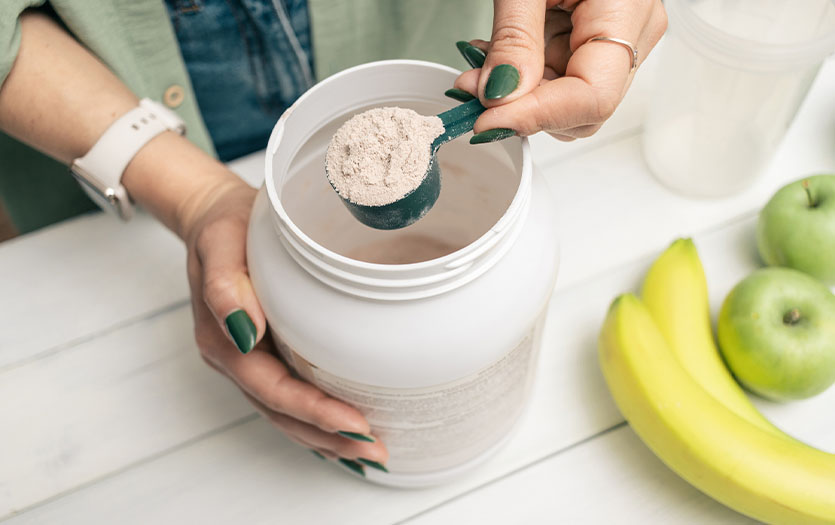Research shared by WomenHeart, The National Coalition for Women with Heart Disease, and input from Mark O’Shaughnessy, MD, cardiologist, PPG – Cardiology, helps connect the dots between depression and cardiovascular health. We know the mind and body are communicating and influencing each other, but how can this common mental condition actually put women at a higher risk for a heart attack?
According to WomenHeart, the risk resembles a domino effect. Cardiovascular health care providers typically don’t have a high awareness of mental health issues and may not accurately diagnose or treat depression. Women are twice as likely as men to experience depression. Women with high levels of depression are likely to be obese or to smoke, both major risk factors for heart disease, and have a more difficult time maintaining a healthy lifestyle. Depression increases in women with diabetes and women who don’t exercise regularly. And so it goes. The result for women suffering from depression is a 2-3 times higher risk of heart disease.
It’s a relationship Dr. O’Shaughnessy, addressed when he presented on the mind-body connection to a room full of women at the Love Your Heart luncheon back in February.
According to Dr. O’Shaughnessy, outlook/optimism is a statistically significant predictor of positive health outcomes. In a Nurses’ Health Study where 70,021 women were followed longitudinally and had their levels of optimism assessed by validated questionnaires, the results were staggering.
The most optimistic women showed:
- 29% less likely to die in 6-year trial period
- 16% reduction in cancer
- 38% reduction in heart disease
- 39% reduction in stroke
- 52% reduction in infectious disease
So, what if you aren’t a glass-half-full-kind of lady? How can you reconnect your mind and body?
12 Ways to Explore and Embrace the Mind/Body Connection
- Recognize the importance!
- Ayurveda Yoga
- Mindfulness training
- Meditation
- Prayer
- Visualization therapy
- Massage
- Acupuncture
- Integrative Medicine approaches
- Embracing non-pharmacologic (either traditional or supplemental)
- Hobbies/Relationships/Volunteerism
- Support groups (hold us accountable and offer personal relationships)
In addition to getting your optimism in a row, Dr. O’Shaughnessy encourages these steps to further reduce your risk of heart attack:
- Healthy diet. Everything in moderation
- Exercise. 20-30 minutes 5 days/week
- Control diabetes, hypertension, hypercholesterolemia
- Know your numbers!
- No tobacco!
If you or a woman you care about is at risk for a heart condition, consider applying for the Parkview Her Heart Challenge. Applications will be accepted, May 1 - June 1. Learn more.




